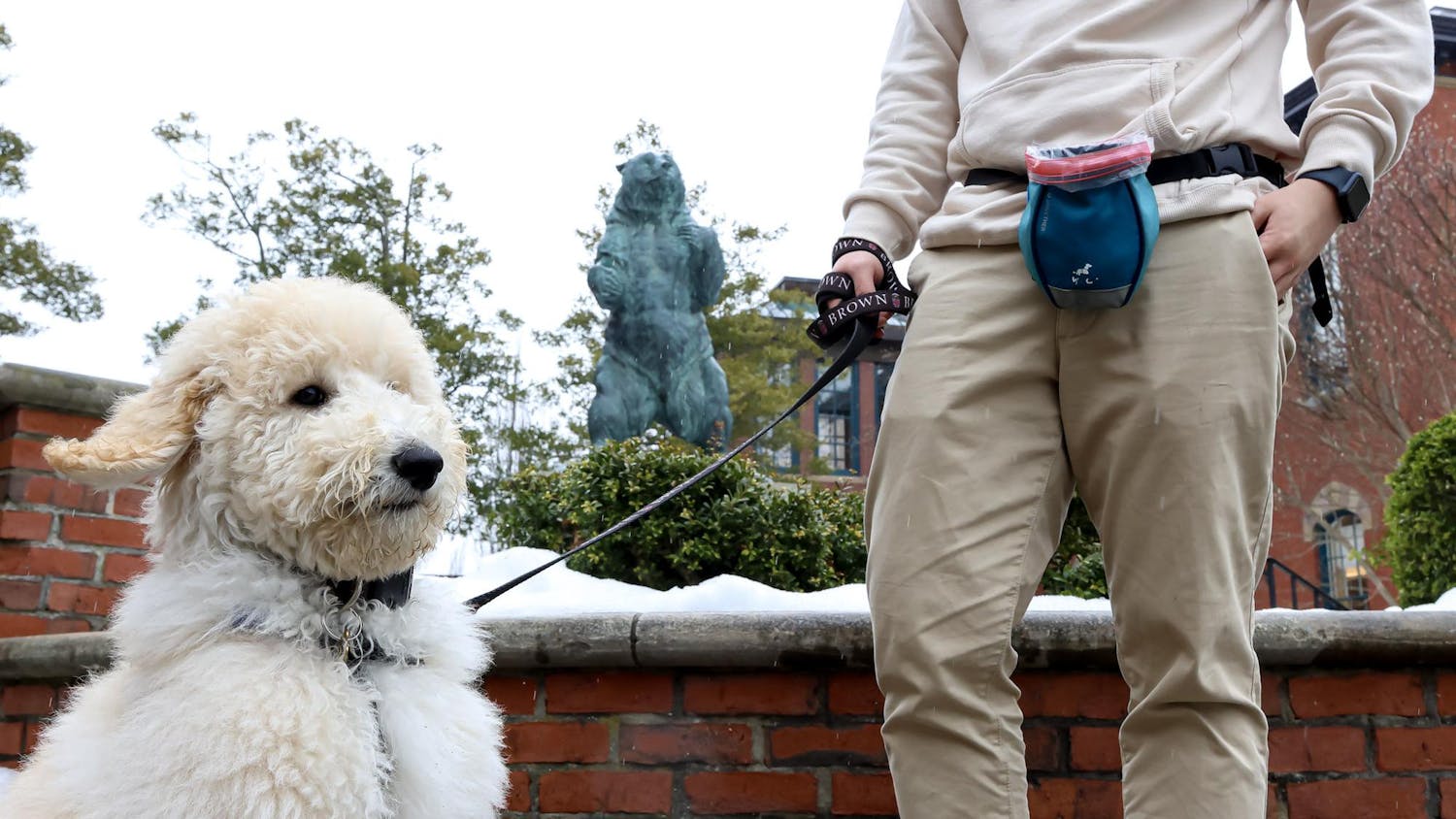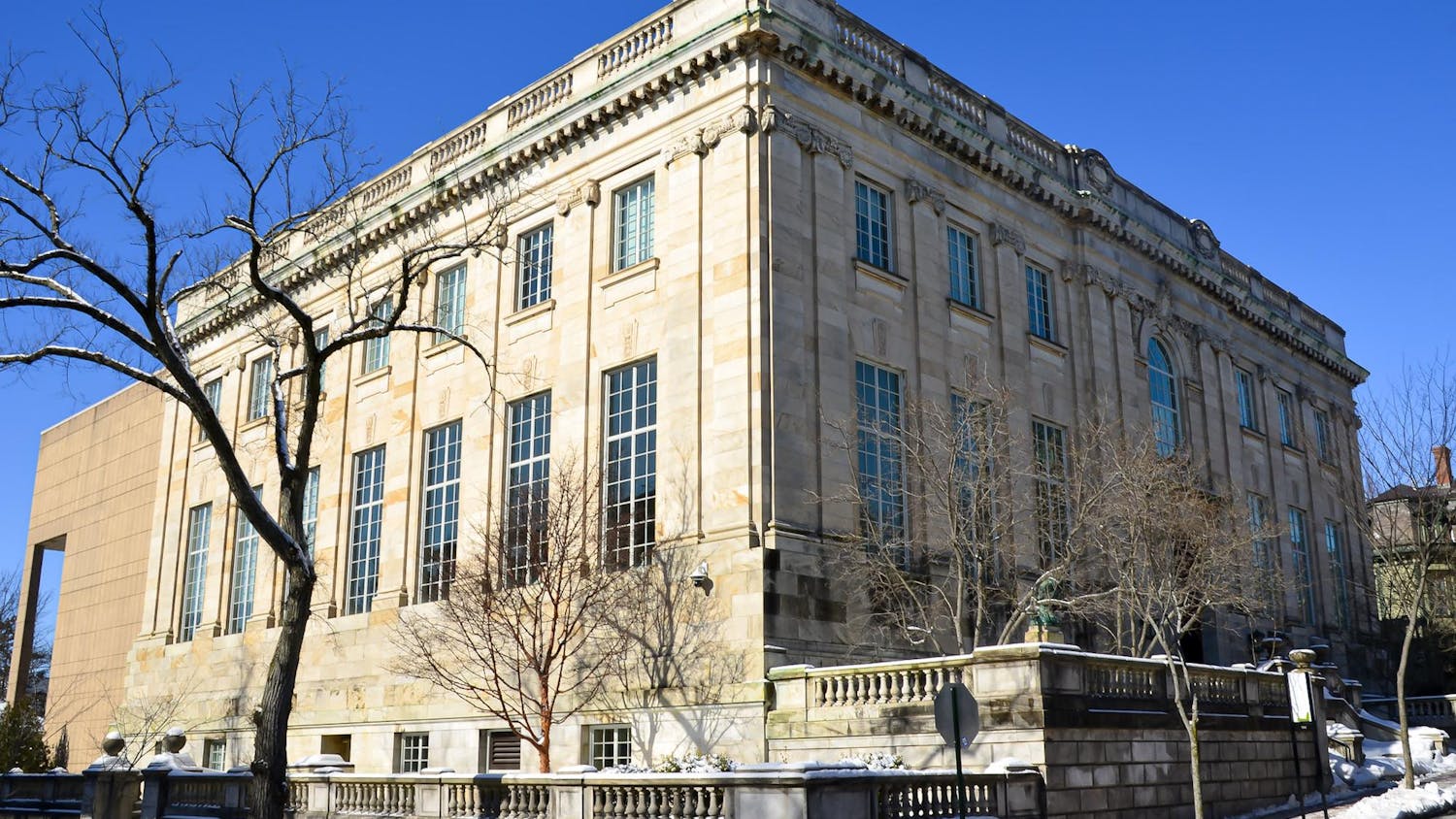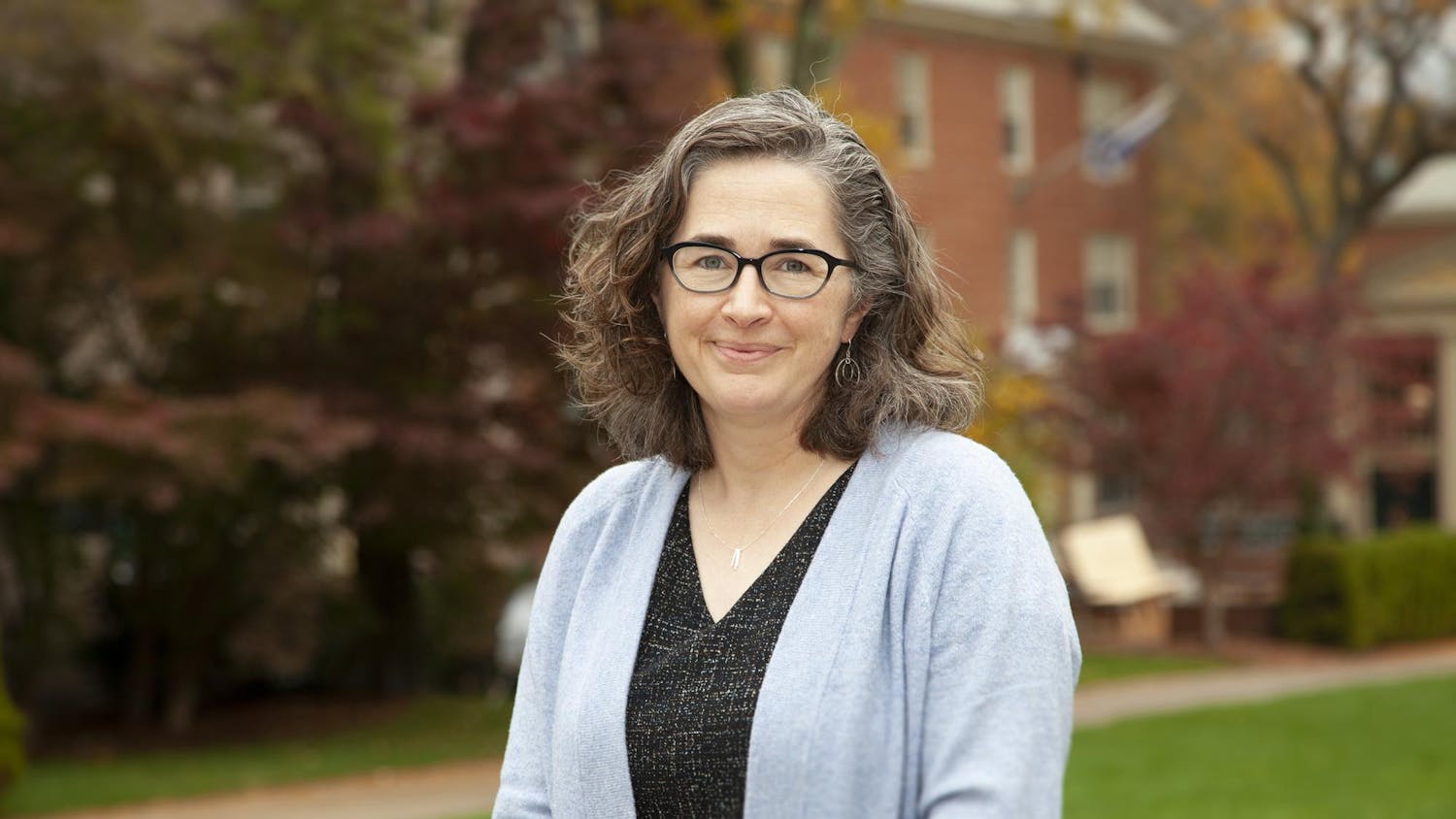Ariel Hudes '11, squashed into a hotel room with six Honduran male actors, was already uncomfortable when the seventh member of the troupe barged in with news that would drastically alter Honduran history and her own summer.
"We don't have a president," the man announced to his fellow actors, who had travelled to the beach town of Tela for a performance, and to Hudes, the recipient of an International Scholars Program grant to conduct research in the small Central American country.
That morning of June 28, Manuel Zelaya, the elected president of Honduras, had been ousted and replaced by the President of the National Congress Roberto Micheletti, making the country the first in Central America to suffer a coup since the Cold War. Zelaya, his detractors claim, was trying to force through a referendum to tweak the constitution and gain access to another presidential term when the Honduran Supreme Court ordered the military to overthrow him.
Hudes, one of several Brown students in Honduras when the coup happened, shared her story with The Herald, as did Gabriel Paz '11, a Honduras native.
The gravity of the situation did not initially strike Hudes, who had already been conducting a study of a political theater in the city of El Progreso for a month and had grown accustomed to armed police perusing the streets and to being called "gringa."
"There was just no vibe that something crazy had happened," she said of the first day of the coup.
The following day Hudes realized that schools were shut and that the two bridges vital for her bus connection back to El Progreso were under the control of militant groups.
Stranded in Tela, Hudes huddled by the radio and television, before relying on word of mouth as to when — or if — the bridges would be reopened. When she asked a bus company employee why he was certain the bridges would reopen at 3 p.m., he replied that the clobbering afternoon heat would undoubtedly force the strikers to take a break and free the highway.
Fortunately, the next day Hudes made it safely back to her host family in El Progreso on a bus. She returned to stories of empty-shelved grocery stores and quadrupled gas prices. When she discovered dozens of concerned e-mails from friends and family in her inbox, Hudes realized, "if the world knows about this, it's a big deal."
Over the course of the next five days, Hudes was chiefly in contact with Assistant Professor of Theatre, Speech and Dance Patricia Ybarra, who was her faculty advisor for the International Scholars Program and had rapidly consulted with the Office of International Affairs and the Office of International Programs.
"There was no mandate from either me or Brown (for Hudes to return)," Ybarra said.
On July 3, after much deliberation, Hudes decided to leave the volatile country and return to the United States.
"I hate that I came (back) here. It's in situations like this that there are interesting things to be discovered, and I wish I was there right now," she said. She plans to return to Honduras over winter break to "finish what I started."
A democratic coup?
On the morning of the coup, Paz awoke to planes flying over his family home in San Pedro Sula, Honduras. "I was surprised," Paz said, when he heard from his mother that Zelaya had been ousted. "But, to be honest, I was relieved that he was gone."
Still, his relief turned to anxiety when the international community began slapping sanctions on Honduras.
"It was a big shock being expelled from the (Organization of American States)," said Paz. "I was afraid that eventually I wouldn't be able to return to the United States because the international community was isolating us."
Protests in the city were the only visual reminder of the coup, Paz said, but he began to fear civil war.
Paz channeled his frustration into active protesting on July 2, when he joined a crowd of thousands in support of Micheletti, brandishing a poster that read in Spanish, "Zelaya out, down with the left" and chanting, "we made a coup against anti-democracy."
"It was the first protest I've ever been in," Paz said. "It's very rare to see Hondurans unite when it's not about soccer — but we were just one voice fighting for our democracy." To Paz, there is no contradiction in justifying a coup as essential to a democracy's survival — chiefly because the military did not seize power after his ousting and partly because he maintains that former president Zelaya was himself undemocratic and corrupt.
"Everyone knew (Zelaya) wanted to change the constitution to stay in power," Paz said.
According to the OIP, there are currently no Brown students conducting research or studying in Honduras. The OIP will decide next month whether to allow students to go to Honduras in the spring.
No applications for study abroad in Honduras have been started, said Director of International Programs Kendall Brostuen. "If this had been the case, the student in question would have been advised to be sure to have at least one, preferably two, alternative locations in mind," he wrote.




